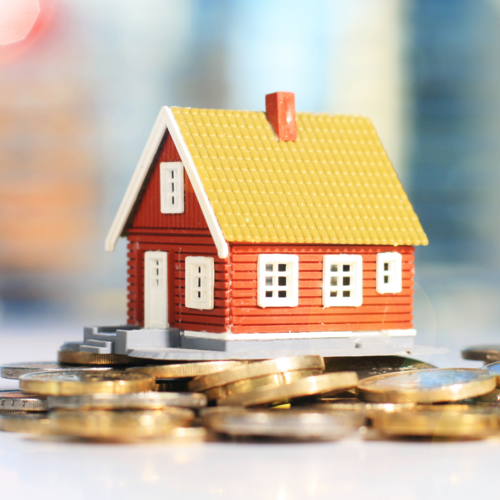COVID-19 will eventually fade from the daily news. I don’t know if it will ever go away completely, but once there’s a vaccine, it won’t be on our minds the way it is now. Some effects, however, will stick around, including our awareness about how viruses spread—and that will likely alter expectations between landlords and tenants.
The social (and legal) contract between a landlord and tenant requires the landlord to provide a safe structure for the tenant to inhabit. The place doesn’t have to be beautiful or new, but it does need to be safe. How do we do that during and after a pandemic? What expectations will people have, realistic or not, about how dwellings are prepared for the next inhabitants? Although I don’t have all the answers, here are some things to consider.
Cleaning
When a property turns over from one tenant to another, that place needs to be cleaned and disinfected like never before—and the people who do the cleaning need to feel safe, too. The units need to be aired out and every touchable surface needs to be sanitized — doorknobs, windowsills, countertops, refrigerator handles, cabinet pulls, closet doors, and more. I think anyone who invested in companies that make gloves, masks, and other personal protective equipment are probably going to see a good return on their investment for many years to come.
One of the latest pieces of cleaning equipment is a fogger. The way it is used is that the last person out of a property sprays the air and every surface with a disinfectant. It doesn’t guarantee safety, but nothing does, and this seems like a good idea to me.
Vacancy Time
Generally, both landlords and tenants want to minimize vacancy time. Landlords want to collect rent and can only do so when a property is occupied. Any tenant who moves before their lease ends wants someone else to start paying rent so they can stop. Other tenants want to move in—imagine starting a new job while living out of a hotel room. That would be no fun.
Even though everyone’s in a big hurry, with COVID-19 it seems safer to leave places vacant for at least a couple of days if possible.
Showing Property to Prospective Buyers/Tenants
This next bit of advice goes for rental units and places for sale. First, anyone who wants to visit a property in person will need to prove they are qualified to either lease or purchase the place. For a potential tenant, that includes having completed the rental application and submitted to a background check, employment and income verification, a credit check, prior landlord referrals, and more.
If all that checks out, then only two adults (who have been successfully screened for COVID) are allowed to walk through a property, usually with a landlord or Realtor following up with Lysol wipes to clean anything that gets touched.
Times have changed. We all need to get used to being asked if we have a fever or cough or if we have been around anyone with COVID-19. We have to get used to wearing a mask and staying six feet away from anyone except our closest family and friends. It’s not ideal, but it’s way better than spreading or getting COVID-19.
If you have questions about real estate investing, please contact me at [email protected] or call (707) 462-4000. If you have an idea for a future column, share it with me and if I use it, I’ll send you a $25 gift certificate to Schat’s Bakery. Dick Selzer is a real estate broker who has been in the business for more than 40 years.


